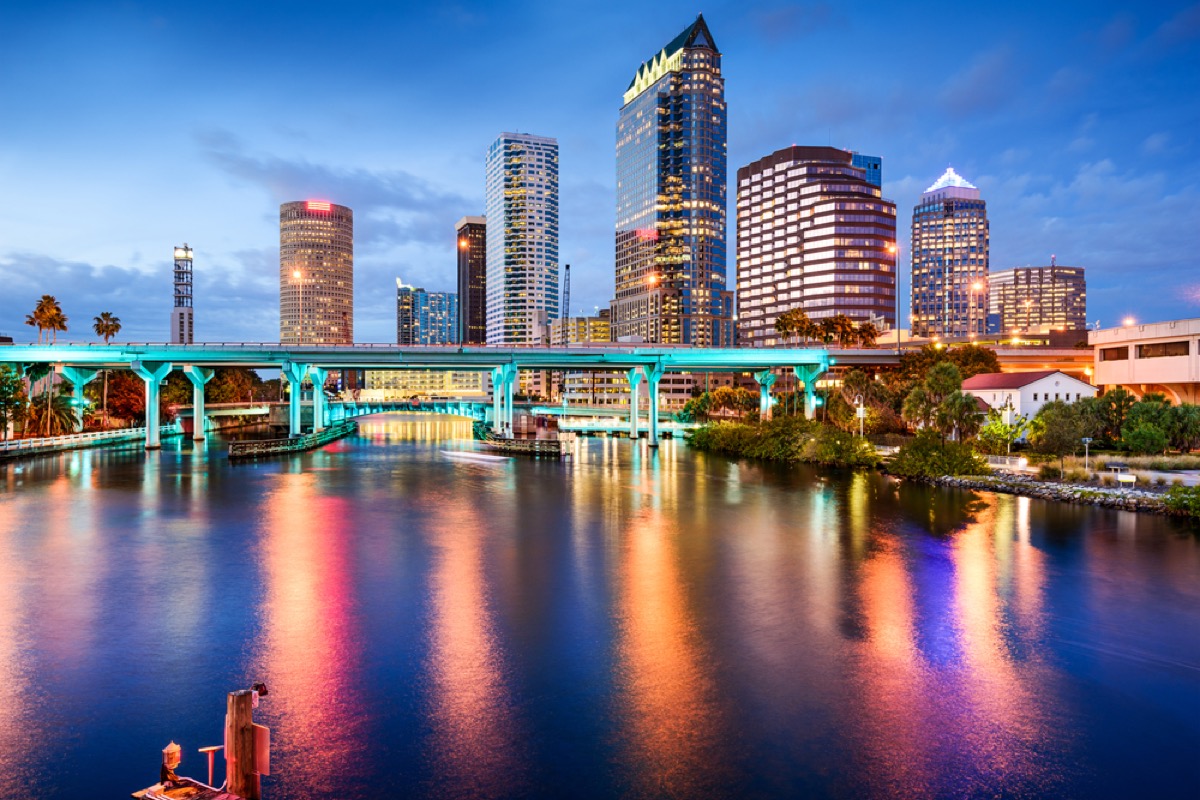In a Harvard T.H. Chan School of Public Health conference call with the media on Aug. 25, associate professor of epidemiology Bill Hanage, PhD, spoke about Florida’s surprising defense against the next wave of the virus. “It’s going to be very interesting to see what happens in the coming months because, in contrast with a lot of the country, Florida’s gonna be pretty nice to gather outside in the fall and the winter, whereas around where I live, it’s going to be much less pleasant, so that may have some impact on local transmission,” he said.ae0fcc31ae342fd3a1346ebb1f342fcb RELATED: For more up-to-date information, sign up for our daily newsletter. Health experts have warned that the fall could be a particularly dangerous time for COVID in the U.S., because the virus could converge with flu season and because temperatures drop. In an Aug. 3 interview, Anthony Fauci, MD, director of the National Institute of Allergy and Infectious Diseases (NIAID), warned about the immediate need for the country to get its numbers down. “If we don’t get them down, then we’re going to have a really bad situation in the fall,” he said. In most parts of the country, fall brings about chillier weather, which means more people are moving inside—and that’s where COVID is most likely to spread. In fact, the vast majority of coronavirus superspreader events have happened indoors. Epidemiologists have determined that enclosed spaces with poor ventilation are one of the biggest risks when it comes to potential outbreaks. “Outdoors is always better than indoors,” Fauci said on Aug. 13, urging people to spend as much time outside as possible—while the weather allows for it—to reduce the risk of COVID transmission. But Florida residents don’t have to worry about colder fall temperatures forcing them inside: The state’s tropical climate means that it rarely gets too cold to stay outdoors. In October, the average high is 84 degrees and the average low is 68 degrees, while in November, the average high is 78 degrees, and the average low, 61 degrees. It’s certainly possible that Florida could see spikes from superspreader events in the fall and winter, as people are likely to congregate indoors regardless of the weather outside. That having been said, the state has a distinct advantage when it comes to the climate. Residents will be able to continue gathering, dining, and strolling outside—while a colder autumn in other states is almost certain to force people into more precarious situations inside. And for more on superspreader events, This One Event May Have Spread COVID to 60 Percent of U.S. Counties.
